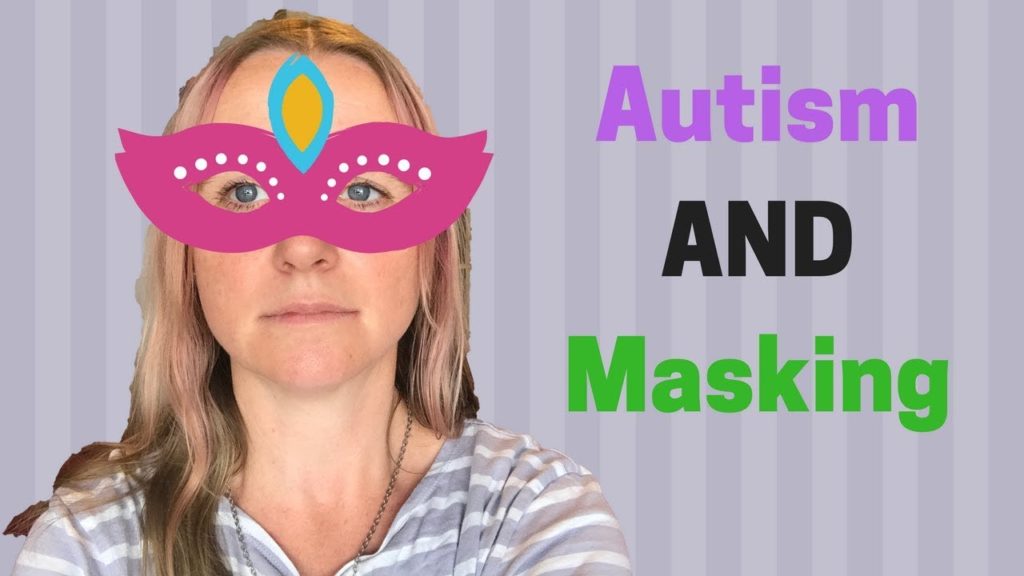autism
So what is autistic masking? Find out here with Purple Ella
What is the difference between autism meltdowns and autism shutdowns? Find out here.
What is the difference between autism meltdowns and autism shutdowns? Find out here.
For more on meltdown please check this post out!
Autistic boy, 10, humiliated after shopkeeper brands him ‘mental’ – this made me furious. What do you think?
An autistic little boy was left humiliated when a shopkeeper allegedly told him he was “mental”.
Adam Rafique was with his mother, Kishwar, and brother, Haydar, seven, picking out chocolate at the 7-11 in High Street, Wanstead, when he told he was being banned from the store.
The shop owners, Mr and Mrs Ray, deny this ever happened – saying they did not brand him “mental” and they were not told he had autism.
But the 10-year-old’s mother maintains her version of events, saying Adam was deciding between a Kit Kat or Maltesers when Mr Ray asked him to stop touching the packets.
Quickly, Mrs Rafique, 37, says she apologised and explained he has autism – but she claims he replied: “I don’t care if he’s mental. I don’t want him in my shop.”
Mr Ray is then alleged to have continued: “Your mental son is banned from my shop.”
The family then broke down in tears as another shopper, who said he works with adults with autism, tried to calm the situation.
Mrs Rafique told the Wanstead and Woodford Guardian: “He then turned to my son and told him: ‘you don’t even listen to your mum.’ I was heartbroken.
Read the complete article here
Please help us make public transport autism-friendly, benefitting the 3 million autistic people and their families by signing here
National Autistic Society will be sending the letter below to the Department for Transport and transport providers across the UK, encouraging them to make public transport more autism-friendly
Make public transport autism-friendly, benefitting the 3 million autistic people and their families in the UK
Public transport can feel out of bounds for many of the 3 million autistic people and families in the UK. Recent polling by the National Autistic Society discovered that 9 in 10 autistic people say that unexpected changes, like delays on public transport, make them feel anxious and over half say that fear of unexpected changes has stopped them from going on a bus or train.
Autism is a life-long disability which affects how people communicate with others and interact with the world around them. All autistic people face different challenges, but some common experiences are extreme sensory issues, intense anxiety, communication challenges such as not speaking, delays in processing information and unease with unexpected change. This can make the world feel very scary and hard to understand.
Although public awareness of autism is high, public understanding of autism still has a long way to go.
For the past 3 years the National Autistic Society have been working changing this, from creating powerful short films to delivering the world’s first ever Autism Hour – supporting retailers across the UK to be more autism-friendly. We want all aspects of public life to work towards becoming more autism-friendly.
When it comes to public transport, interruptions, cancellations and changes to service affect us all. For an autistic person, unexpected changes can be a source of great anxiety. Alongside environments that can be overwhelmingly noisy, staff that don’t understand how to communicate with autistic people and disapproving reactions from other travellers, public transport can become too much and deter an autistic person from travelling or in some cases, not even leaving the house.
We are asking all public transport providers to join with us and help make public transport more accessible for autistic people and their families. There are a number of things you can do to make your services more autism-friendly including training staff, thinking about physical surroundings and providing timely and up to date information.
Changes, delays and disruptions are sometimes inevitable when it comes to public transport, but by taking some thoughtful actions and policy changes, transport providers can become more autism friendly, benefitting the 3 million autistic people and their families in the UK.
To sign go here.









